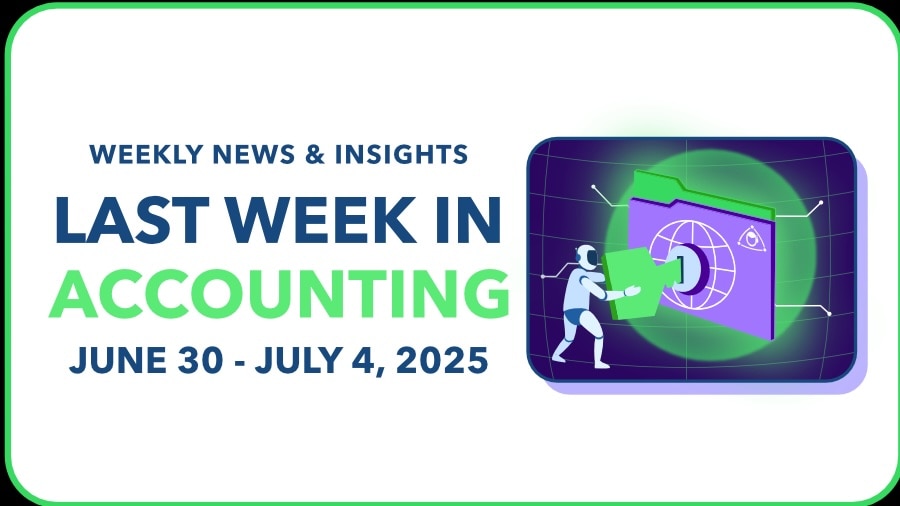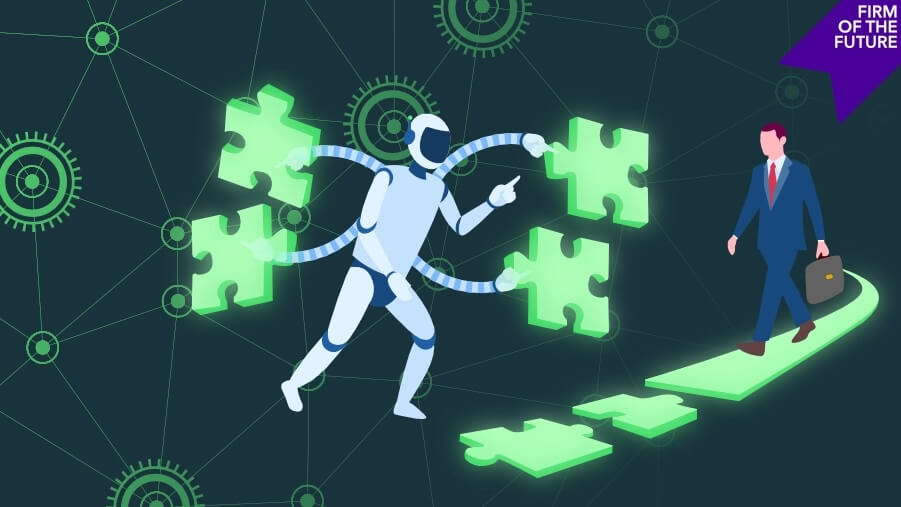🔍 Top headlines
One Big Beautiful Bill extends TCJA provisions and adds new deductions
The newly signed One Big Beautiful Bill permanently extends key Tax Cuts and Jobs Act provisions and introduces new deductions, effective for tax year 2025. Most notably, the SALT deduction cap rises from $10,000 to $40,000 for taxpayers earning up to $500,000, offering potential relief in high-tax states.
New above-the-line deductions include tip income up to $25,000 and overtime pay up to $12,500 for certain workers, both phasing out above $150,000. Seniors gain an enhanced deduction up to $6,000, and interest on qualified auto loans for personal-use vehicles assembled in the US becomes deductible up to $10,000.
Energy efficiency credits for EVs and home improvements expire after 2025, and personal exemptions remain eliminated. The 20% Qualified Business Income deduction is now permanent, with higher income thresholds. Most changes apply to 2025 returns filed in 2026, and tax software will be updated accordingly.
ASB proposes updated standard on auditor fraud responsibilities
The AICPA Auditing Standards Board has issued an exposure draft that would replace existing fraud guidance under SAS No. 122 (AU-C Section 240), with public comments due by October 3. The proposed standard doesn’t shift the auditor’s core objectives, but aims to strengthen how those responsibilities are carried out when fraud—or suspected fraud—is identified.
As AICPA Chief Auditor Jennifer Burns put it, the update is about execution: “What it does is strengthen and clarify the auditor’s specific role in these circumstances.” The proposal highlights areas where current guidance can be sharpened and brings US standards closer in line with international guidance (ISA 240 Revised).
The ASB expects the new standard to encourage deeper professional skepticism during audit planning and performance, helping auditors respond more effectively to fraud risk, while reinforcing the shared responsibility of management, governance, and auditors in creating an environment where fraud is less likely to thrive.
Ignition and Karbon enhance integration to automate entire client lifecycle
Ignition and Karbon have rebuilt their integration on Karbon's latest API to create seamless automation from signed agreements through work delivery. The enhanced platform automatically syncs clients and creates work items in Karbon once proposals are signed, eliminating manual setup and reducing onboarding time for firms of all sizes.
The two-way data sync addresses a common friction point that CEO Greg Strickland describes as firms being "bogged down negotiating agreements, chasing signatures and payments, then manually onboarding clients before real work begins." Dark Horse CPAs, an early adopter, reports the automation has delivered "massive efficiency gains" and become a "game-changer for growth."
For firms looking to scale operations, this integration represents a practical solution to streamline the entire front-end process while improving cash flow timing. The combination positions firms to start billable work sooner while reducing administrative overhead that typically slows client onboarding.



